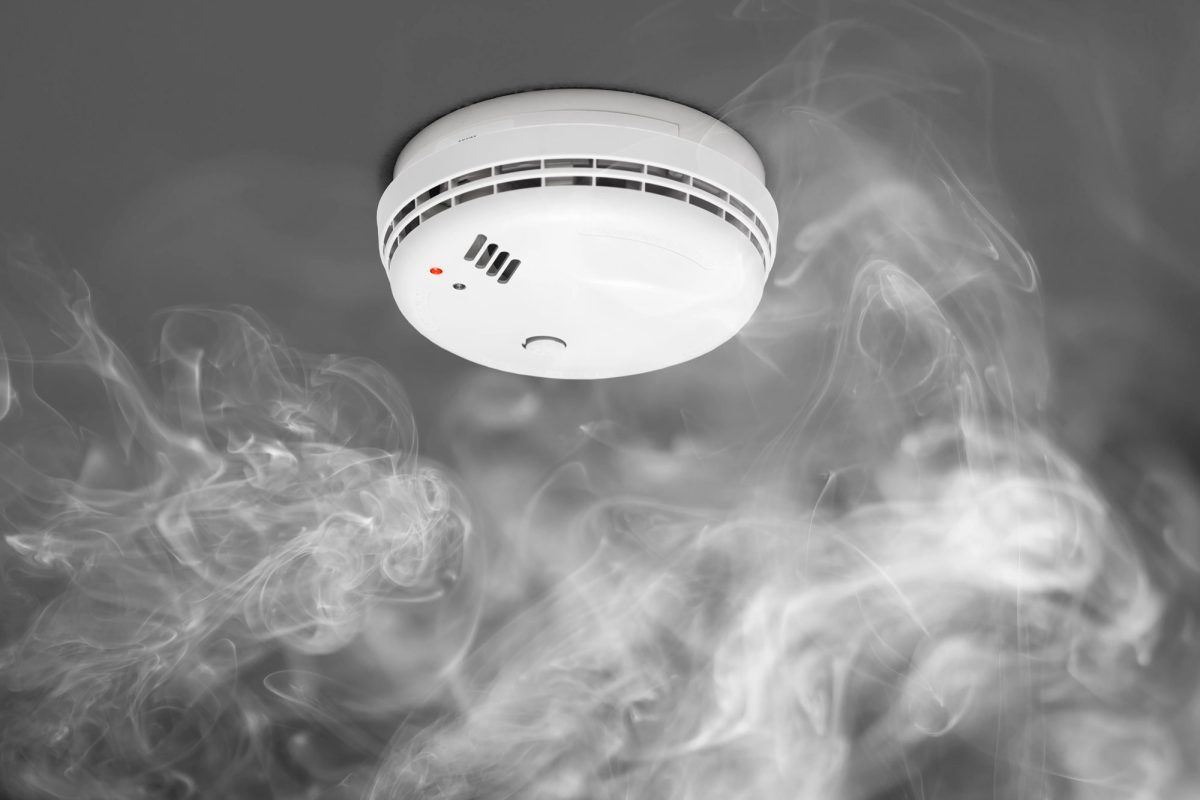Ionization smoke detectors operate on the principle of ionizing radiation, utilizing a small, controlled amount of radioactive material, often americium-241. This material emits alpha particles, which ionize the surrounding air molecules in a small chamber inside the detector.
This ionization process creates a stable electric current within the chamber. When smoke particles enter the detector due to a nearby fire, they interfere with the electric current. The presence of smoke disrupts the ions flow, causing fluctuations in the electric current. This disruption triggers the alarm, indicating the potential presence of a fire.
Advantages Ionization Smoke Detectors
Swift Detection of Fast Fires
Ionization detectors excel at swiftly detecting fast, flaming fires. Fires that rapidly consume combustible materials produce fewer large smoke particles and smaller, invisible particles. Ionization detectors are susceptible to these smaller particles, ensuring prompt detection and alerting occupants promptly.
Cost-effectiveness
Ionization detectors are generally cost-effective, making them accessible for residential and commercial use. Their affordability allows widespread adoption, enhancing overall fire safety in various settings.
Commonly Used in Living Spaces
Ionization smoke detectors are better in living spaces such as a bedroom
These detectors are one of the most common smoke detector types in living rooms, bedrooms, and hallways, where typical combustible materials like fabrics and paper are present.
Their ability to quickly detect fast-burning fires make them valuable in spaces with these materials.
Disadvantages of Ionization Smoke Detectors
Limited Sensitivity to Slow Fires
Ionization detectors might not be as sensitive to slow-burning fires, such as smoldering electrical fires. In scenarios where the fire generates more significant smoke before escalating, ionization detectors might not provide as early a warning as desired.
Potential False Alarms
In areas like kitchens, where cooking activities can produce steam or minor smoke, ionization detectors are prone to false alarms. This limitation requires careful placement to avoid unnecessary disruptions.
Radioactive Material Concerns
While the radioactive material used is minimal and safely enclosed, some individuals might have concerns about the presence of any radioactive substance within their homes, even in minute quantities.
Reference: Ionization smoke detectors


